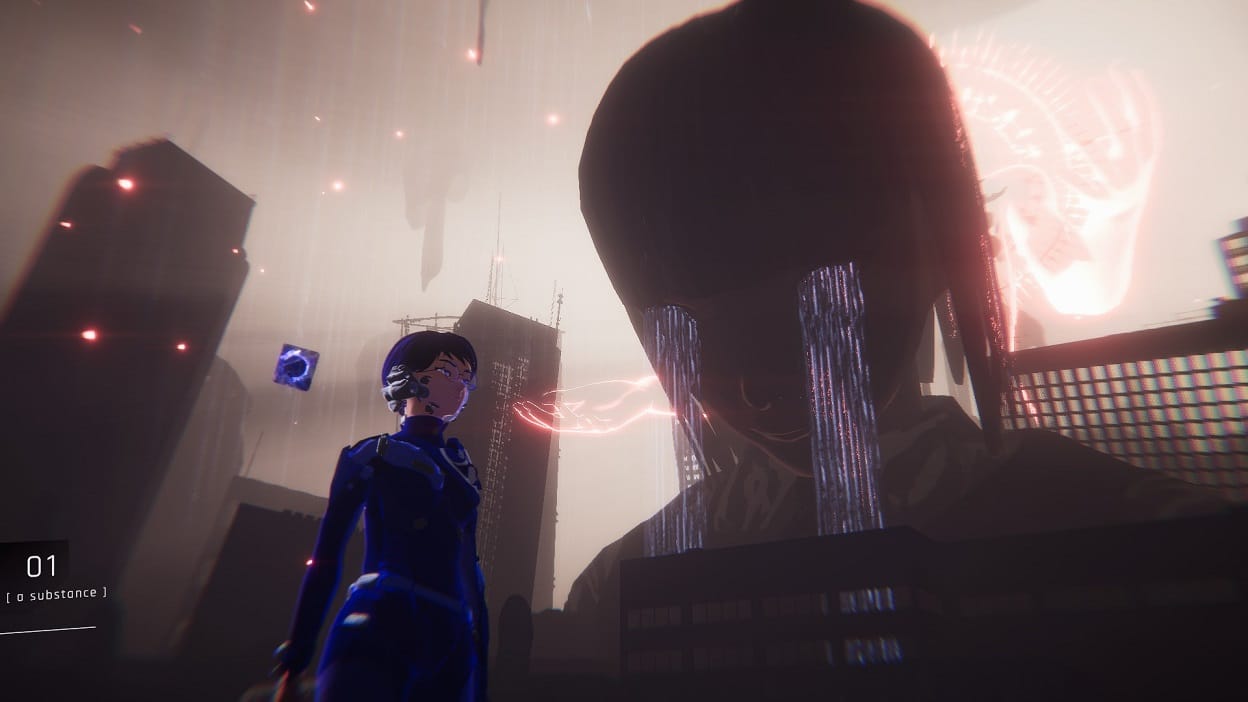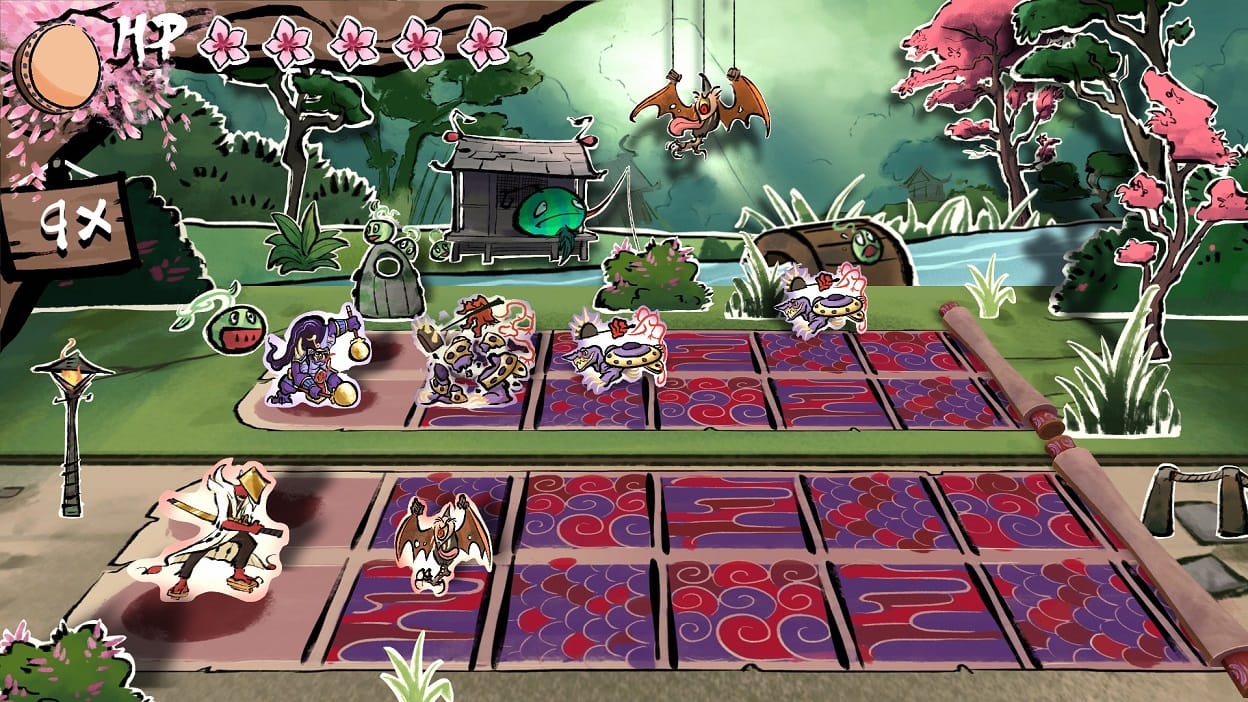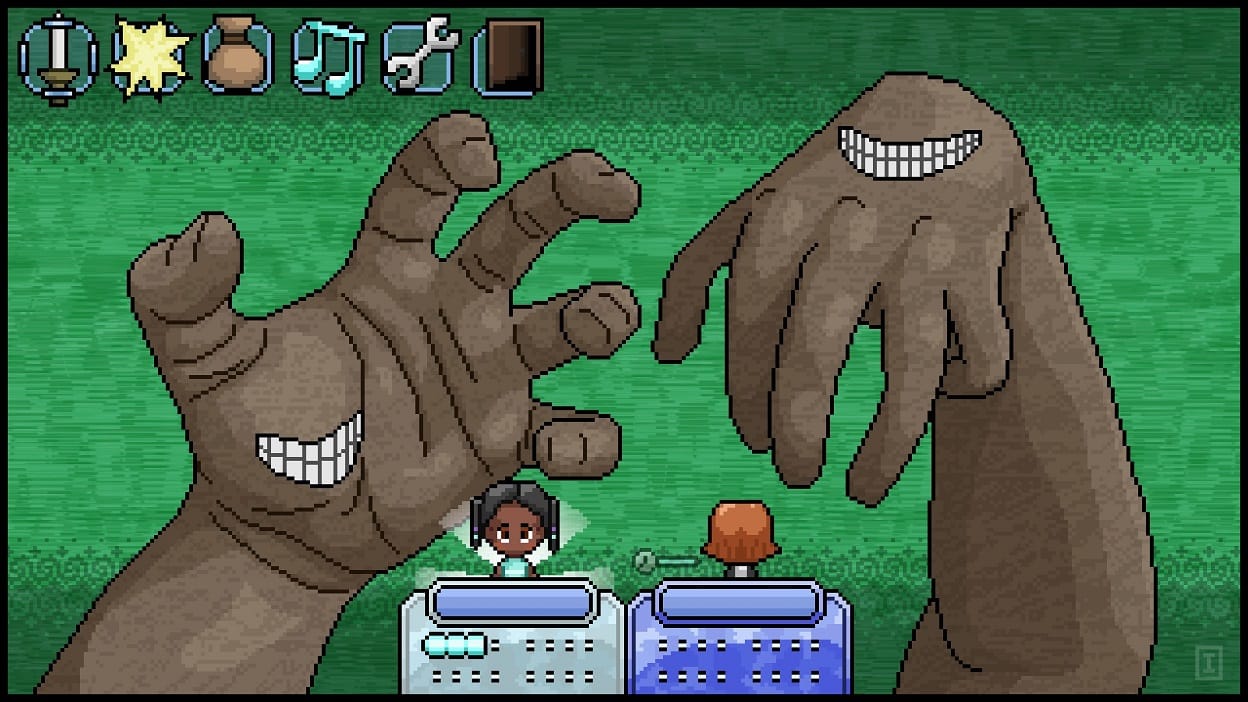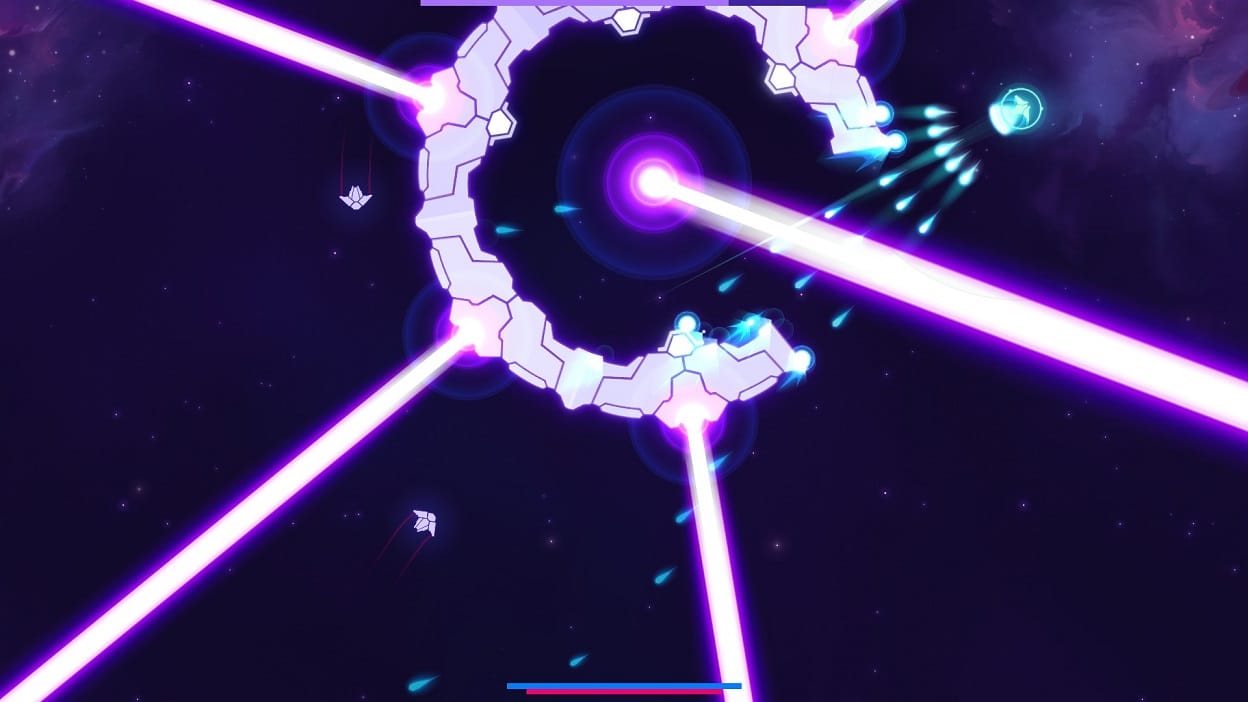Indie Monthly: End of Year 2024
Wrapping up the year with all the games that didn't fit in the last 10 months

It's been an intense year for indie games. If you haven't had the chance to read the latest State of Indie story and really absorb what it's been like on the development side, now would be the time to do that. It's been interesting on the consumer side as well. When you have over 16,000 releases in a year, you're bound to find something enthralling on a regular basis.
I didn't get a chance to review even a fraction of the games I wanted to, and I got my hands on some of them too late to appear in a timely article. This, then, is a look at some games I missed until now. This will be the last Indie Monthly for 2024, so make sure to give these titles an extra close look.

1000xRESIST
Generations ago, a mysterious race of aliens known as "Occupants" appeared on Earth, bringing a disease that wiped out all of humanity save one young woman who was mysteriously immune. All that remain are clones of that woman, who worship her as a divine being and accept the roles that she assigns to them. Watcher has a special role - the gift of "communion," entering their mother's memories to keep the past alive. But on her first communion, one of her clone sisters interferes, telling Watcher that everything they know is a lie. So begins a journey to unravel the past, understand the nature of the world, and perhaps defeat the Occupants for good.
1000xRESIST is a pure narrative game. The mechanics switch up a bit, but in general the game entails solving puzzles using Watcher's communion ability to shift time back and forth. Occasionally, the game throws in an action segment with pseudo-platforming sections that have Watcher flinging herself between nodes to reach distant areas.
Since 1000xRESIST is so heavily focused on its story, it's worth spending a little more time on that. The narrative unfolds in a nonlinear manner, jumping back and forth between several time periods both past and future. The story is complex, with many plot points merely implied such that the player needs to glean the facts from context clues or interpret events based on individual understanding. It's not the easiest story to follow, but it's also one of the better science fiction plots I've seen in video games, with some interesting things to say about the nature and importance of memory.
Adding to all this is the game's surreal visual style. The head-hopping narrative lends itself to some memorably bizarre imagery. Within communions, 1000xRESIST favors high-contrast visuals with vivid colors and heavy use of symbolism, mingled with more muted colors representing the past. It's all very striking, and flows perfectly with the story.
1000xRESIST is available for PC via Steam and for Nintendo Switch.

Taka Taka
A heated argument between two very different musicians attracts the attention of a malicious force. Suddenly, the two of them are transported to another world and endowed with new weapons and bodies - one transformed into a hammer-wielding oni, the other into a sword-wielding tengu. There may be a way to return to their own world, but the exit lies at the other end of an army of hostile yokai, and they'll have to work together to clear a path.
Taka Taka is a rhythm-based action game. The player simultaneously controls two characters - tengu and oni - who are on separate two-track fields. Enemies move down the tracks in time to the music, and the player moves the characters to intercept them. However, each enemy is only vulnerable to one of the two characters. In addition to shuffling the characters up and down, the player must occasionally hit a button to switch their positions.
The overall mechanics are certainly simple enough: Move and switch the characters to kill color-coded enemies. But while it starts easy, Taka Taka gets hard in a hurry, with faster enemies, more complex patterns, and new types of yokai that move and act in unpredictable ways. Clearing the first few levels with a perfect performance is child's play, but expect to fail much more frequently as you near the end.
As you might imagine for a rhythm and music-themed game, Taka Taka's soundtrack is a high point. Most tracks are based on traditional Japanese music but with a bit of a modern rock twist. While you could theoretically play the game without the music, you'd be missing out on a lot. It's definitely a title to be enjoyed with headphones.
Taka Taka is available for PC via Steam.

Atlas Wept
In a world ripped apart by unexplained earthquakes and a forever war, a boy meets a dog-like creature that guides him on a journey into the planet's heart. Elsewhere, in an isolated town with no memory, a girl encounters grinning monsters that seemingly no one else can see. These two disparate stories are united by a secret that has underpinned the planet since time immemorial, and a crisis that could bring about the end of the species.
Atlas Wept is a short JRPG that, yes, is one of the endless titles "influenced" by Earthbound. In this case, there's enough novelty in the system to set it apart. Combat is based on stuns, which disable the enemy and render it more vulnerable to damage. Most fights come down to alternating between special attacks to build the enemy's stun meter, and then regular attacks to finish them off. Meanwhile, the player can avoid enemy attacks by completing minigames. These start easy and gradually turn into manic, bullet-hell-like experiences near the end.
The game is pitched as having a humanist story, with themes of dealing with trauma and keeping the past alive. The two sides of the narrative don't link up until almost the end of the story, and that division can make things disjointed at times. Fortunately, there's enough surreal imagery to keep things interesting throughout. You'll never look at a big, phony smile the same way after seeing what they turn into here.
Atlas Wept is available for PC via Steam.

Nova Drift
Nova Drift is a roguelike twin-stick shooter that very much feels like a modern take on the arcade classic Sinistar. The player fights through waves of enemies on a single screen that loops both vertically and horizontally. The controls are a little different than what you might be used to - the movement stick doesn't move the player's ship but rather rotates it, with the trigger used to boost. It takes a little getting used to, but it's not too hard to master.
Central to the mechanics is the upgrade system. Destroying asteroids and enemies releases resources used to level up the ship. The first three upgrades always allow the player to select a new weapon, shield type, and ship body, and thereafter offer random upgrades that are subdivided into mini-trees. Upgrades are broadly split into offense, defense, mobility, and construction, the latter of which spawn autonomous drones that perform various functions. As with any roguelike game, surviving the later waves requires picking out a suitably overpowered build.
While the right upgrades can make standard enemies a breeze, the bosses are another story. They come at regular intervals and can be a real challenge even with a powerful ship. There's some real variety in the boss lineup, ranging from screen-filling monsters with segmented bodies to smaller, quicker enemies with loadouts similar to the player.
Overall, Nova Drift is a solid choice for anyone looking to get back into an old-school arcade aesthetic.
Nova Drift is available for PC via Steam and Itch or directly from the developer. A copy was provided for this review.
That wraps up our look at the plethora of games that we just couldn't fit in earlier in the year. We hope you all have wonderful holidays and we'll see you back here in the New Year with more indie games you want to look out for!
